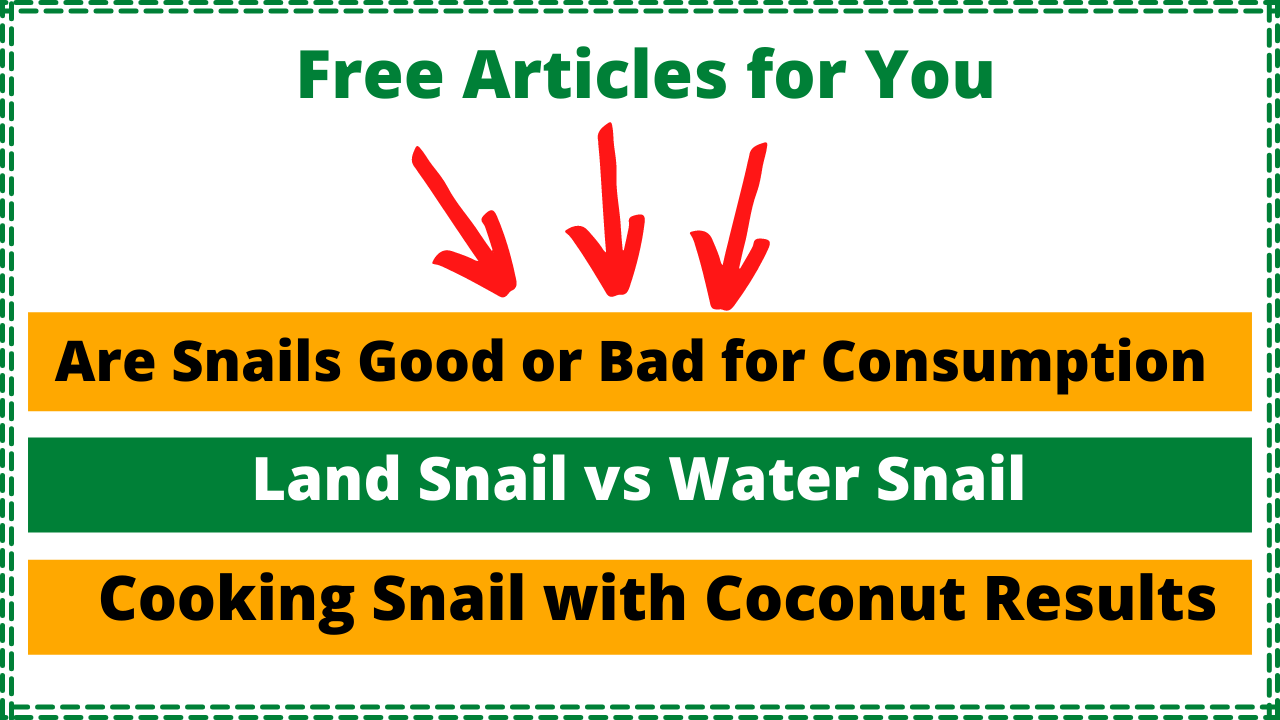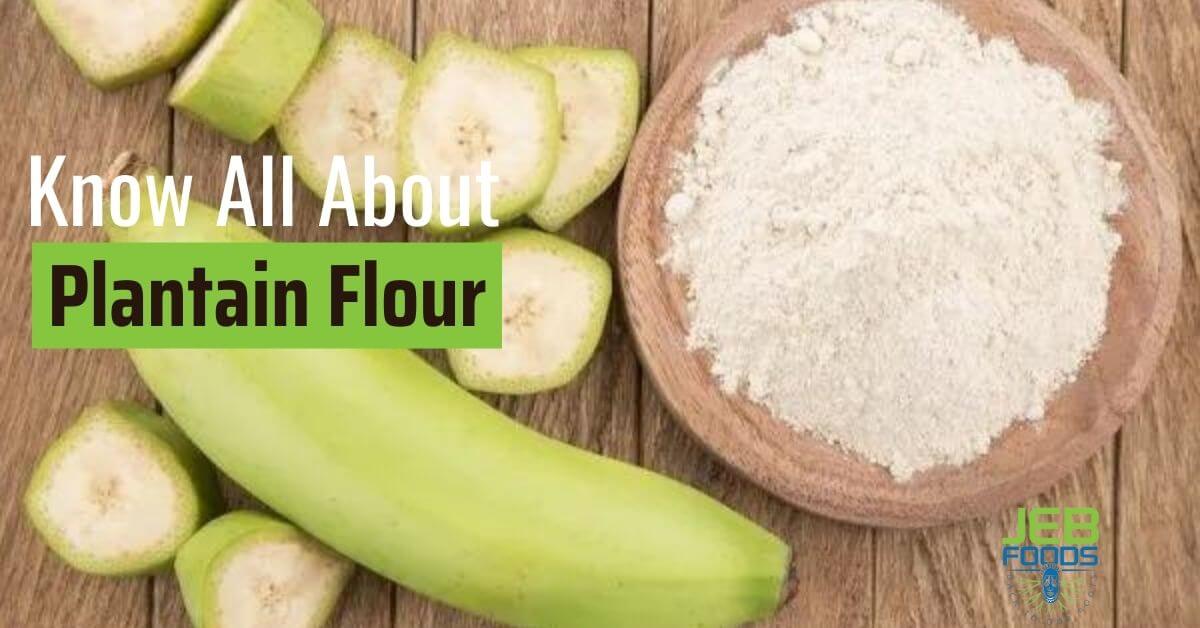Many people don’t know about the numerous medicinal benefits of snails. We usually see them in our gardens moving sluggishly with an oversized shell on their backs, neither beautiful nor majestic insight.
Snails come across as fascinating creatures; they can be very delicious too, and I’m not alone in thinking so.
There are numerous medicinal value of snails and that is what I will love you to know, so the cultural limitations on snails can be removed as we know knowledge is power.
Here are all the nutritional benefits of snails in our diets
General History of Snail
Table of Contents
ToggleAcross several cultures in Europe and Africa, snails have been part of the cuisine of many cultures. They have also been of use to us in other ways apart from being a source of food.
In Ancient Greece, and even until the Middle Ages, people used snails for various medicinal purposes.
The slime from snails was used to provide relief for inflamed skin as well as in the treatment of gastrointestinal ulcers.
Snail slime was also used to treat coughs (and even tuberculosis) when mixed with water and honey and used as a syrup.
Moreover, decades ago, in Southern Italy, people collected the trails made by snails and used them to treat different skin diseases like acne, warts, dermatitis, and calluses.
Although in the present day, science has come up with better ways to treat these conditions, snails still have several medicinal benefits, either from eating them or from using snail-derived products.
These are the most beautiful snails in the world
Here are 9 medicinal benefits of snails that you should know about.
Snails are a Good Source of Protein
Snail meat is medicinal and categorized as white meat (similar to poultry and fish).
Snail meat is of excellent quality and high in protein, essential for muscle repair and strengthening.
Each 100g serving of cooked snails contains between 16-20g of protein, about 9g less than an equal serving of chicken.
Snails are a cheap source of animal protein and are a more affordable alternative to other more expensive meat products.
Like any other animal-derived protein, the protein in snails is complete in the sense that it includes all of the essential amino acids that you need to acquire from your diet.
Apart from having lower methionine levels, the composition of essential amino acids in snail protein is similar to what you get from fish and even better than soybean meal.
Snail meat also contains the amino acids arginine and lysine at higher levels than what is included in the whole egg.
I recommend you get dried-freeze Giant African Land snail for healthy snails.
Snails are Low in Calories and are Good for Weight Loss
Snails are an ideal diet for those who are watching their weight not only because they are good sources of protein, but also due to the fact that snail meat has low amounts of both calories and fat.
Each 100g of cooked snails provides roughly about 90 calories and contains about 2.43g of carbohydrates.
That is barely 4 percent of the recommended daily calorie intake of about 2,000 calories.
A 100g of broiled brown beef, on the other hand, provides about 260 calories. Three times as much! A huge difference, right?
Snails are a low-calorie source of meat and are suitable for people who want a specific diet to help in losing weight.
The fact that they’re packed with lots of other nutrients as well as being tasty, juicy and nutritious makes them a must-have in anyone’s diet regimen.
Snails Contain Low Fat
As well as having low calories, snails also have a low-fat content, roughly about 2g of fat for each 100g serving.
The snail’s flesh also contains less cholesterol than any other meat ( about 0.7 g of cholesterol can be found in every 100g of snails).
Snails are also a rich source of Omega 3 fatty acids. They contain almost as much Omega 3 fatty acid that can be gotten from fish oil. Omega 3 fatty acids are types of polyunsaturated fatty acids.
They are considered necessary, as the human body cannot synthesize them and therefore must be taken in through our diet.
Omega 3 fatty acids have improved heart health and reduced the risk of dying of heart disease.
They may also help lower your blood pressure, reduce blood clotting, and help prevent you from having irregular heart rhythms.
Can Snails Help In Weight Loss?
Snails are Rich in Vitamins and Minerals
Meat derived from snails is rich in many vitamins and minerals, which include:
Iron and Magnesium
Snails are also high in iron, a mineral required to form red blood cells, which transport oxygen throughout the body and are needed to create energy.
One serving of snails contains about 3.5mg of iron or 22% of your recommended daily allowance.
Iron found in snails is also easier for our digestive system to absorb because it occurs in the heme form compared to the non-heme form, which can be found in plant-based sources of iron.
People who have iron-deficiency anemia (a disease characterized by a shortage of blood caused primarily by a reduction in the body’s iron stores) can benefit from a diet rich in snails.
Eating a diet rich in snails may help relieve some of the symptoms of iron deficiency anemia, such as headache, fatigue, dizziness, chest pain, and shortness of breath.
Snails also contain magnesium, which our systems require to maintain normal blood pressure, strengthen bones, and keep our hearts healthy. Each 100g of snail has around 0.25g of magnesium.
Potassium
Snails are high in potassium when compared to chicken, beef, pork, or fish. Each 100g serving of snails contains about 0.4g of potassium, which makes snail hugely medicinal than other meats.
We need about 4.7g of potassium daily in our diet, so a diet rich in snails can help fill up that quota.
A potassium-rich diet is linked to many powerful health benefits. Potassium helps our bodies to regulate fluid balance, send nerve signals, and regulate muscle contractions. Potassium also helps in lowering blood pressure.
Selenium
Snail meat contains a high concentration of selenium (up to 27.4 mg/100mg), effectively providing about 50% of the recommended daily quantity consumed by one adult female and 30% for an adult male.
Selenium, with its potent antioxidant properties, protects our body’s cells from damage.
It also protects us from heart disease and cancer (especially prostate), as well as assists the thyroid gland and the immune system in their functions
Vitamin A
Snail meat is also rich in Vitamin A. An average serving of snails can provide up to 6% of your daily requirements for this vital mineral.
Vitamin A is required for normal eyesight, reproduction, and immune system function. Vitamin A also helps the heart, lungs, kidneys, and other organs work properly.
Vitamins B3, B6, and B12
In cooked snails, the content of niacin, also known as vitamin B3, is about 0.14g per 100g of edible meat.
You will take in the same amount of niacin if you eat 50g of cheese or 150 g of lentils/potatoes that are considered good sources of this vitamin.
Niacin is required for the normal functioning of every organ in our body. Niacin may decrease cholesterol, alleviate arthritis, and improve cognitive function, among other things.
Snail meat is also rich in vitamin B6 ( necessary for turning food into energy and our nerves to function correctly) and vitamin B12 ( which plays an essential role in making red blood cells).
Vitamin E
A serving of cooked snails contains about a third of the recommended daily intake of vitamin E that you need. Vitamin E is an antioxidant.
It shields biological tissue against the effects of free radicals, which are detrimental to cells, tissues, and organs.
Vitamin E also has other functions in our body which include:
- · It is thought to have a role in some aging-related disorders.
- It aids in the immune system’s defense against pathogens such as bacteria and viruses.
- The production of red blood cells is supported, and the widening of blood arteries prevents blood clots inside them.
- It aids in the use of vitamin K.
- It enables them to carry out a variety of critical activities.
Overall Cardiovascular Health is Enhanced by Snails
Due to the presence of lots of nutrients and minerals such as iron, potassium, and magnesium in snail meat, they have a role in promoting a healthy cardiovascular system.
Also, as I mentioned earlier, snails have lots of Omega-3 fatty acids, which have been shown to
- Reduce your chances of death from heart disease.
- Keep your heart healthy
- Lower your blood pressure
- Reduce blood clotting and
- Reduce your risk of having a stroke
Improve Your Mood and Overall Mental Health
Snail meat contains tryptophan, a chemical your brain needs to make a mood-enhancing neurotransmitter called serotonin which makes snail medicinal.
Serotonin has quite several functions in our body, which include:
- it helps your body regulate your appetite and tells it when to sleep
- Additionally, it might help you feel calmer and less nervous.
- it improves your overall mood and gives you a feeling of well being
So why not start including snails in your diet and have that “feel good” experience.
Here is an edible dried-freeze Giant African Land snail sold on Amazon

Snail Slime is Good for Skin Care
Snail slime is a kind of mucus produced by the snail and covers its external surface and its foot. It helps the snail in crawling and also helps prevent desiccation of exposed soft tissue.
Microscopically, the snail slime is a gel that consists of 91-98% water by weight combined with a mixture of other substances like antimicrobials, copper, proteoglycans, and unique proteins called glycoproteins.
The most common type of glycoprotein in snail slime is hyaluronic acid, a substance that can attract water molecules from the surrounding air or the tissues in the snail which lie under the skin.
As such, the hyaluronic acid within the mucus makes it act as a moisturizer, this unique quality of snail slime, which makes it act as a moisturizer and its excellent healing properties.
How is Snail Slime Used in Beauty Products
The slimy, thick mucus of the species Cornu aspersum glycoconjugates is primarily used in the production of cosmetics.
It boasts of a high amount of hyaluronic acid, glycolic acid, glycoprotein enzymes, proteoglycans, antimicrobials, and copper peptides. These provide hydrating, anti-oxidizing, and recovering properties when topically applied to give a glowing, youthful complexion.
Snail mucus, apart from having good skin healing properties, also has some anti-aging properties.
How is Snail Slime Used in Medicine
Snail mucus is medicinally renowned for repairing damaged tissues and balancing tissue hydration right from Medieval times.
Presently, it is used to make medical adhesives, similar to surgical glue, used in sealing cuts on the skin.
Snail Venom is a Source of a Very Potent Analgesic
Did you know that some species of snail are venomous? Some sea snails secrete venom, which they use to attack their prey or defend themselves against predators.
Conus magus, a kind of sea snail that lives in the littoral zone of tropical shorelines, secretes venom shot into its victim through a harpoon-like needle on its head.
This neurotoxic venom acts at the point where its prey’s nerves come in contact with its muscles (the neuromuscular junction).
The toxin blocks the transmission of impulses from the nerves to the muscles; in effect, this venom virtually paralyzes its victim.
This medicine (ziconotide, an analog of the conopeptide component of snail venom) is a non-opioid pain killer used to treat chronic pain when other therapies or medications have proven ineffective. Ziconotide works by inhibiting the spinal cord nerves that deliver pain signals to the brain.
Clinical trials have shown that ziconotide is 1,000 times more potent than morphine.
It also has the added advantage that, unlike morphine, it does not lead to the development of addiction or tolerance after prolonged administration, which makes it much safer.
Ziconotide was authorized by the US Food and Drug Administration in December 2004 for use as a pain reliever.
It is currently being used to treat chronic and intractable pain caused by AIDS, cancer, neurological disorders, and other similar debilitating illnesses.
Shell Powder of a Snail as a Supplement in Animal Feeds
The powder from the shell of a snail is medicinal and it is utilized as a calcium supplement in animal diets for poultry (broilers and layers) and other small animals and cattle.
It contains about 98% calcium carbonate and are a good source of calcium. The process of getting powder from snail shells is not complex and can even be done at home. The steps involved are:
- Collect a sufficient number of snail shells and crush them into as many little pieces as you can (you can do this by placing them in a bag and breaking them with a hammer)
- Wash the broken snail shells (to remove dirt) and dry them either in the sun or in an oven
- After drying, grind the fragmented shells in a grinding machine until you get a consistency that is like a fine powder.
Apart from being added to animal feeds as a calcium supplement, Snail shell powder is usable in decreasing soil acidity. It can be mixed with water and then ingested to relieve bloating and stomach ulcers.
Final Thought
Indeed, many cultures have embraced eating snails over the years, but little did those eating them know about their astounding and tremendous health benefits.
Snails are medicinal and have provided us with many nutritional and cosmetic benefits for ages. Even modern medicine has also realized that these slow-moving creatures may provide the key to curing several diseases.
If you see a snail next time in your garden, don’t be alarmed, I hope you will remember how valuable and important these little slugs can be to us.
Purchase your edible dried-freeze Giant African snail here




